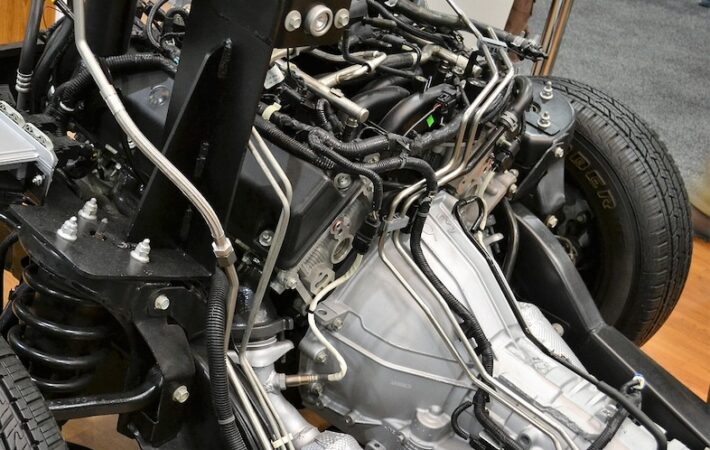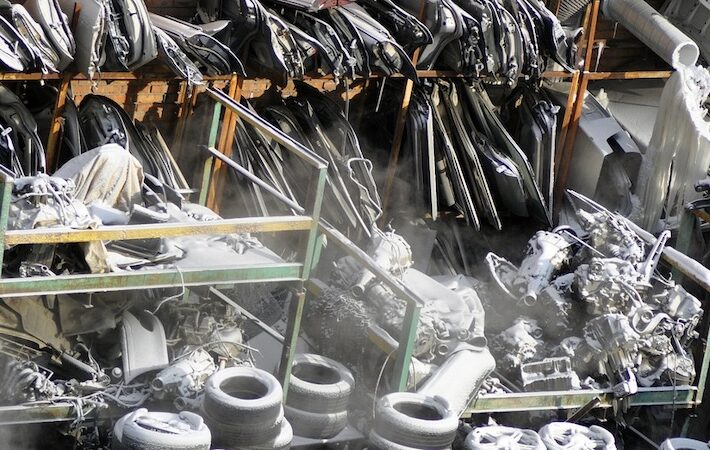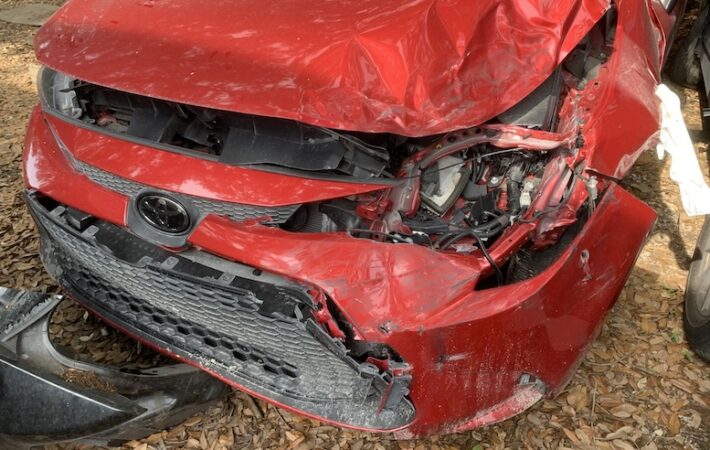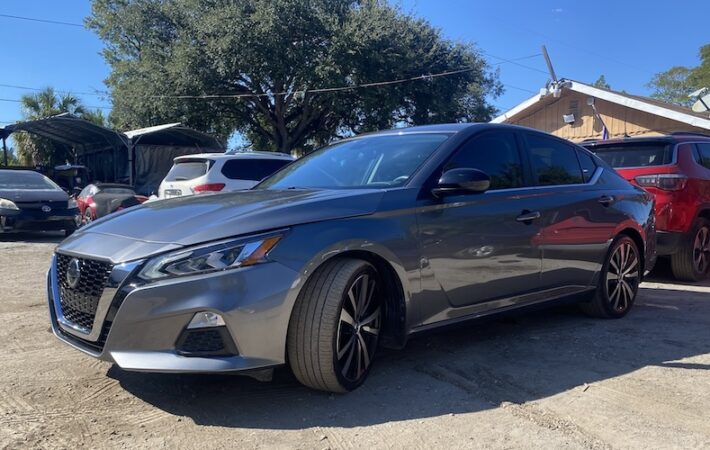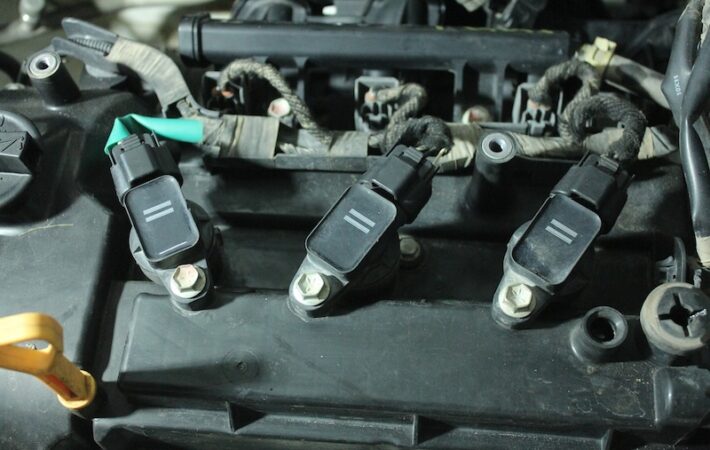Regular car servicing is essential for maintaining the performance, reliability, and safety of your vehicle. A comprehensive car service involves a series of inspections, adjustments, and replacements that address both routine maintenance tasks and potential issues. By understanding what a car service typically includes, you can ensure that your vehicle receives the necessary care to keep it running smoothly. In this article, we will explore the key components of a car service and their importance in preserving your vehicle’s longevity.
- Fluid Checks and Replacements: One of the primary tasks during a car service is checking and replacing fluids. Various fluids are vital for the proper functioning of different systems within your vehicle. These fluids include engine oil, coolant, transmission fluid, brake fluid, power steering fluid, and windshield washer fluid.
Engine oil is essential for lubricating the engine’s moving parts, reducing friction, and preventing overheating. During a service, the mechanic will check the oil level and condition and replace it if necessary. Coolant helps regulate the engine’s temperature, preventing it from overheating. The service will include checking coolant levels and quality, topping up or replacing it as needed.
Transmission fluid allows smooth gear shifting and protects the transmission components. Brake fluid ensures efficient braking performance by transmitting hydraulic pressure to the brakes. Power steering fluid assists in easy maneuvering of the vehicle. All these fluids will be inspected, and if required, topped up or replaced to maintain optimal performance.
- Filter Replacements: Filters play a crucial role in keeping the vehicle’s systems clean and free from contaminants. During a car service, filters such as the engine air filter, cabin air filter, fuel filter, and oil filter will be inspected and replaced if necessary.
The engine air filter prevents dust, debris, and other particles from entering the engine, ensuring clean air intake. A clogged air filter can restrict airflow, reducing engine performance and fuel efficiency. The cabin air filter, on the other hand, filters the air that enters the vehicle’s interior, providing clean and fresh air for passengers.
The fuel filter safeguards the fuel system from impurities, such as dirt and rust particles, ensuring proper fuel flow to the engine. Finally, the oil filter traps contaminants in the engine oil, preventing them from circulating and causing damage. Regular filter replacements contribute to improved engine performance, fuel efficiency, and the overall comfort of the vehicle’s occupants.
- Inspection of Belts and Hoses: Belts and hoses are critical components of the vehicle’s engine and cooling system. Over time, they can deteriorate, crack, or become loose, leading to potential breakdowns and engine damage. A car service includes inspecting the condition of belts, such as the timing belt, serpentine belt, and coolant hoses, to ensure they are in good shape.
The timing belt is responsible for synchronizing the engine’s valves and pistons. If it fails, it can result in severe engine damage. The serpentine belt drives various engine accessories such as the alternator, power steering pump, and air conditioning compressor. Checking for signs of wear or damage and replacing them preventively can prevent unexpected breakdowns.
Coolant hoses carry coolant throughout the engine and cooling system. Damaged or leaking hoses can lead to coolant loss, overheating, and engine damage. Regular inspection and replacement of worn-out belts and hoses are essential to avoid costly repairs and maintain the vehicle’s reliability.
- Battery Check and Maintenance: A car service typically includes a battery check to ensure that it is functioning optimally. The mechanic will inspect the battery terminals for corrosion, clean them if necessary, and check the battery’s overall health and charge.
The battery is responsible for supplying electrical power to start the engine and power various electrical components of the vehicle. A weak or faulty battery can lead to starting


